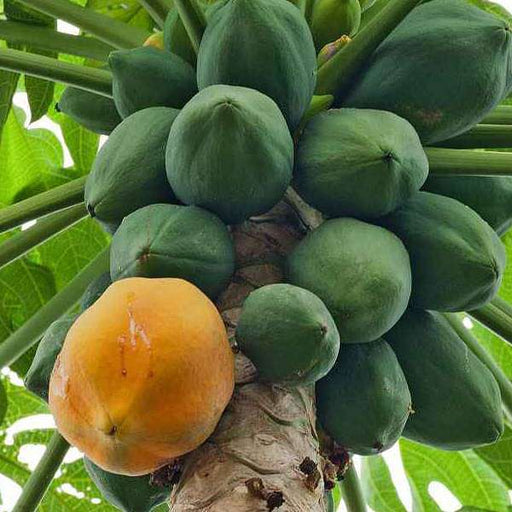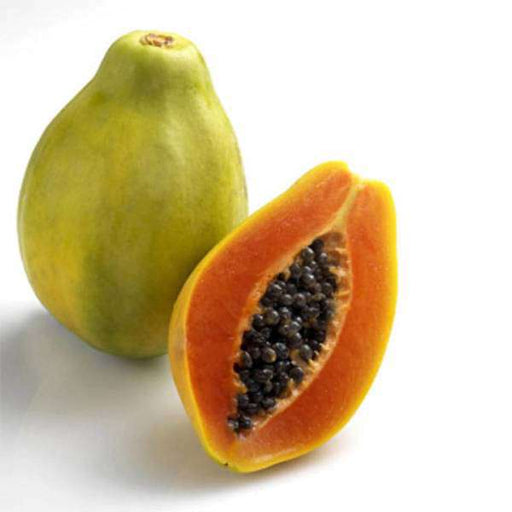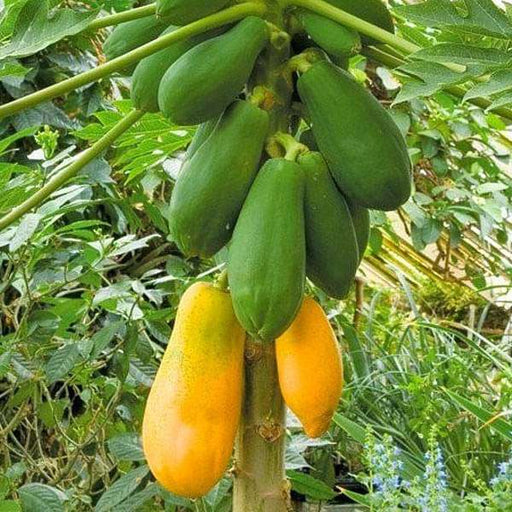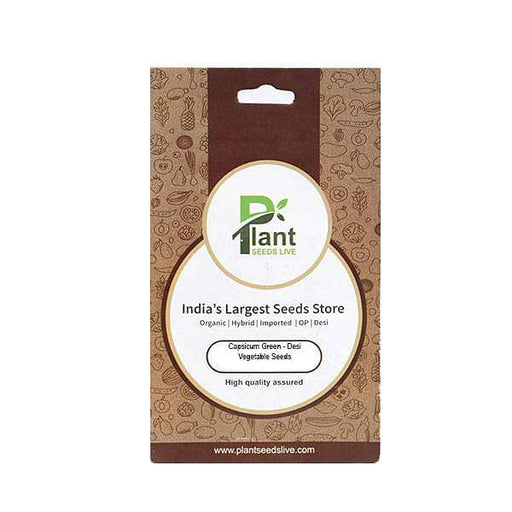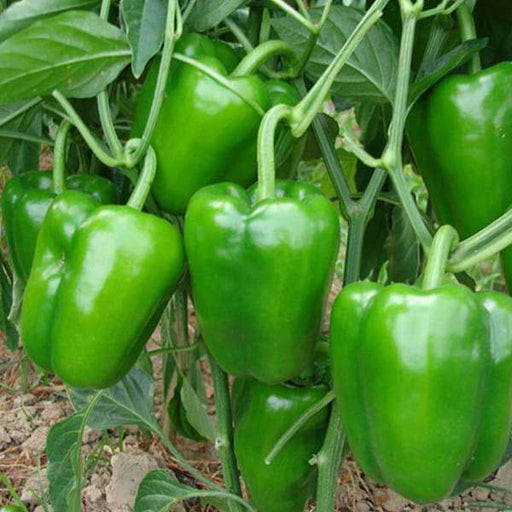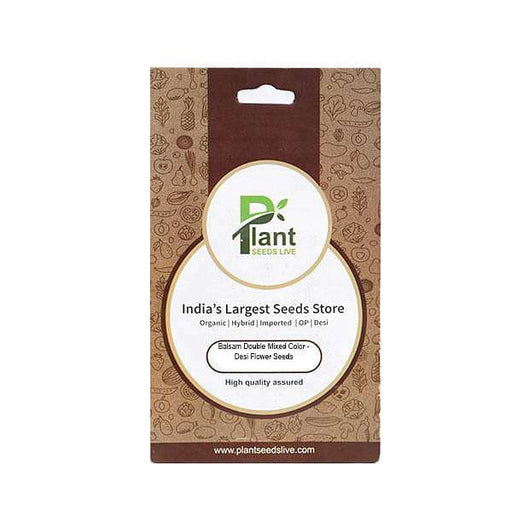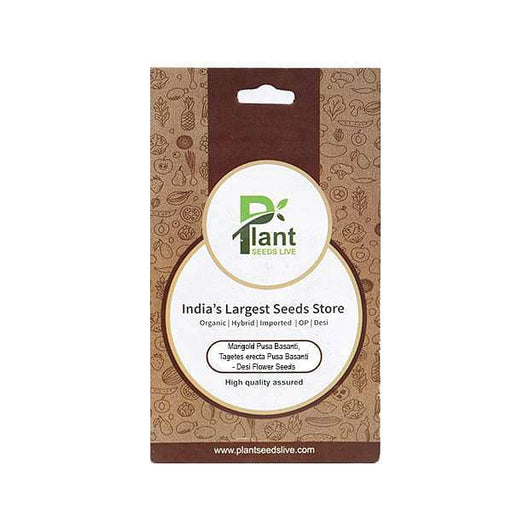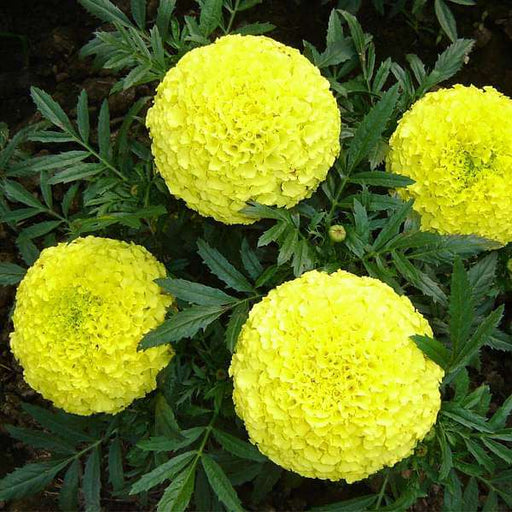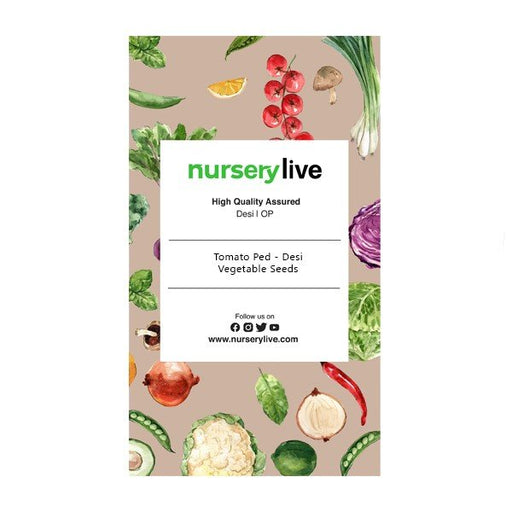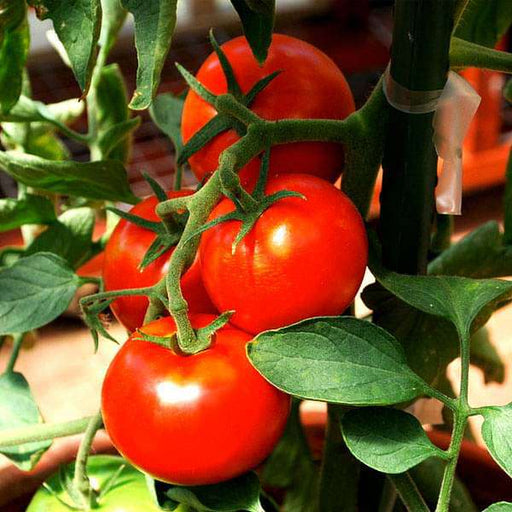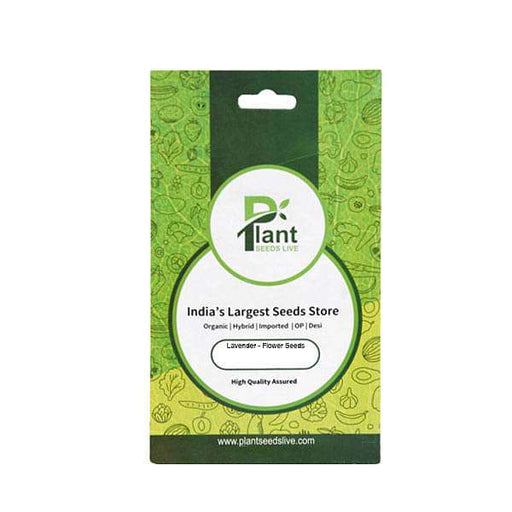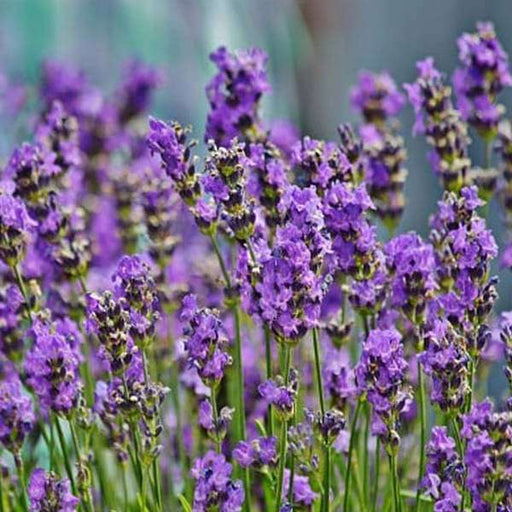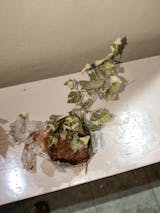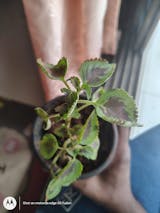Rainy Season
Ah, the rainy season, when the skies open up and bless the earth with the sweet nectar of life. It's the perfect time to sow those fruit seeds and watch them grow into juicy, delicious treats for your taste buds.
Sowing Seeds
you reap what you sow. And when it comes to fruit, that means taking the time to plant those seeds and nurture them into full-grown plants. So roll up your sleeves and get sowing!
Fruit Trees
From apple to orange to pear, fruit trees are a delicious addition to any garden. And with the right care and attention, they'll reward you with bountiful harvests year after year.
Seedlings
When you first start sowing your fruit seeds, they'll start out as tiny little seedlings. But don't underestimate them - with the right care, they'll grow into strong and healthy plants in no time.
Organic Gardening
If you're passionate about sustainability and the environment, organic gardening is the way to go. By using natural methods to cultivate your fruit plants, you'll be doing your part to protect the planet.
Garden Design
Whether you prefer a rustic, wild garden or a perfectly manicured one, there's no denying the importance of garden design. With the right layout and aesthetic, your fruit plants will thrive and look gorgeous at the same time.
Fruit Varieties
There's more to fruit than just apples and oranges. From kiwi to dragonfruit to guava, there's a world of delicious and exotic fruit out there waiting to be discovered.
Soil Preparation
Good soil is the foundation of any healthy garden. By preparing your soil properly, you'll give your fruit plants the nutrients and environment they need to thrive.
Watering
Just like any other living thing, fruit plants need water to survive. But it's important to strike the right balance - too much or too little water can be harmful.
Fertilizing
To help your fruit plants grow big and strong, it's important to give them the right nutrients. That's where fertilizing comes in - with the right mix of nutrients, you'll set your plants up for success.
Pruning
To keep your fruit plants healthy and productive, it's important to prune them regularly. By removing dead or overgrown branches, you'll encourage new growth and keep your plants looking their best.
Pest Control
Unfortunately, fruit plants are vulnerable to pests and diseases just like any other plant. But with the right pest control methods, you can keep your plants healthy and free from harm.
Harvesting
There's nothing quite like the satisfaction of harvesting your own fruit. From plucking ripe apples from the tree to picking juicy strawberries from the ground, it's a rewarding experience that's worth the effort.
Seasonal Planting
Depending on where you live, different fruit plants may thrive in different seasons. By paying attention to the weather and planting accordingly, you can maximize your chances of success.
Container Gardening
If you don't have a lot of outdoor space, container gardening is a great way to still enjoy the fruits of your labor. With the right pots and soil, you can grow delicious fruit plants on your balcony or patio.
Mulching
Mulch isn't just a decorative addition to your garden - it also plays an important role in keeping your fruit plants healthy. By retaining moisture and suppressing weeds, mulch can help your plants grow stronger and faster.
Companion Planting
Did you know that certain plants can actually help your fruit plants grow better? Companion planting involves strategically placing plants together to create a mutually beneficial environment.
Sunlight
Fruit plants need plenty of sunlight to grow and thrive. Make sure to choose a spot in your garden that gets enough sunlight throughout the day.
Climate Considerations
Different fruit plants thrive in different climates, so it's important to choose plants that are well-suited to your area. Do your research and select fruit varieties that will thrive in your specific climate.
Sustainability
When it comes to gardening, sustainability is key. From using organic methods to conserving water, there are plenty of ways to make your fruit garden more eco-friendly and sustainable.


